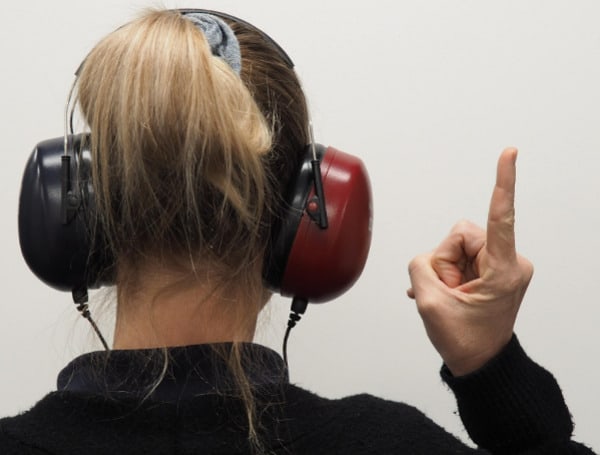As one of the most common disabilities affecting adults, hearing loss can have some pretty serious impacts on quality of life, including your communication, ability to maintain relationships, and mental health. Diagnosing hearing loss and finding the right treatments is important, but in order to do that, you need to start with the hearing test.
As the name suggests, a hearing test is designed to get a good idea of the entire range of your hearing and can help diagnose any untreated hearing loss. In most cases, hearing loss is then treated with the help of a hearing aid. But here are a few things you might want to know about your hearing test before you attend it.
You should bring all the right information with you
When you’re going for a hearing test, it involves more than just sitting there and waiting for the audiologist to take a look at your ear. They’re going to want to get a more comprehensive picture of your hearing health. As such, you want to make sure that you get a complete health history if you can, which you might be able to do by getting medical records.
You want to be able to answer as completely as possible when they ask about recent injuries, illnesses, as well as medications you have been taking. Certain conditions and medicines can be risk factors for hearing loss, so you never know what might be relevant.
Know what can interfere with the test
The results of your hearing test can only be accurate if the one performing it is able to get an idea of your hearing as it usually is. As such, if there’s anything interfering with your hearing, it can put the results of your test well off.
If you have any illnesses like the cold or flu, you could call to reschedule your test, as these can fill your head up with mucus, which can interfere with your hearing. Similarly, tinnitus and hearing testing do not go well, so you should let your audiologist know if you experience it. Ear wax can be an issue too, but your audiologist might be able to help clear it out for you.
What happens during the test
Knowing what is going to happen in the hearing test itself may help you feel a little more comfortable. Typically, it starts with a physical and visual examination of the ear, just to see if there is anything that might be clearly causing hearing loss that they can see and treat then and there. Following this, the audiologist will have you listen to and respond to a series of sounds, and sometimes speech, of varying volumes, frequencies, and levels of background noise.
The results are based on when you respond and how accurately you are able to recognize speech, filling in what is called an audiogram.
This will be a visual representation of your range of hearing and based on the results of that audiogram, your audiologist can diagnose hearing loss and begin to recommend treatments, such as hearing aids.
The best way to treat hearing loss is to get on it as soon as possible and a hearing test is almost always the first step. Hopefully, the information above gets you ready for yours.
Android Users, Click Here To Download The Free Press App And Never Miss A Story. Follow Us On Facebook Here Or Twitter Here.


